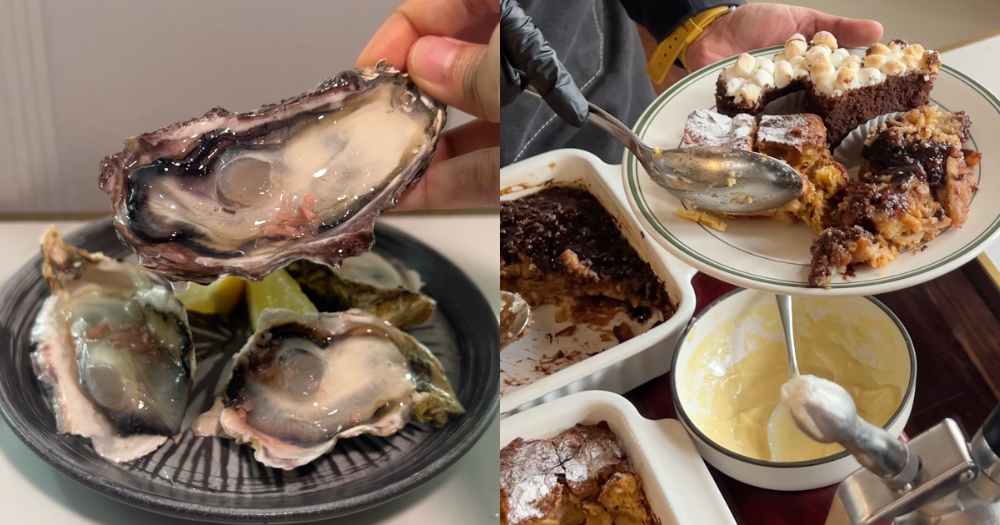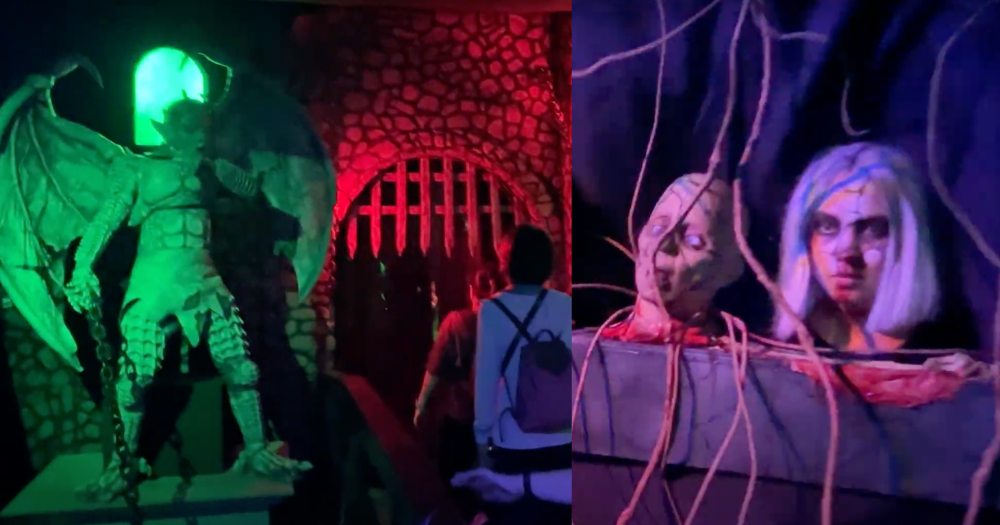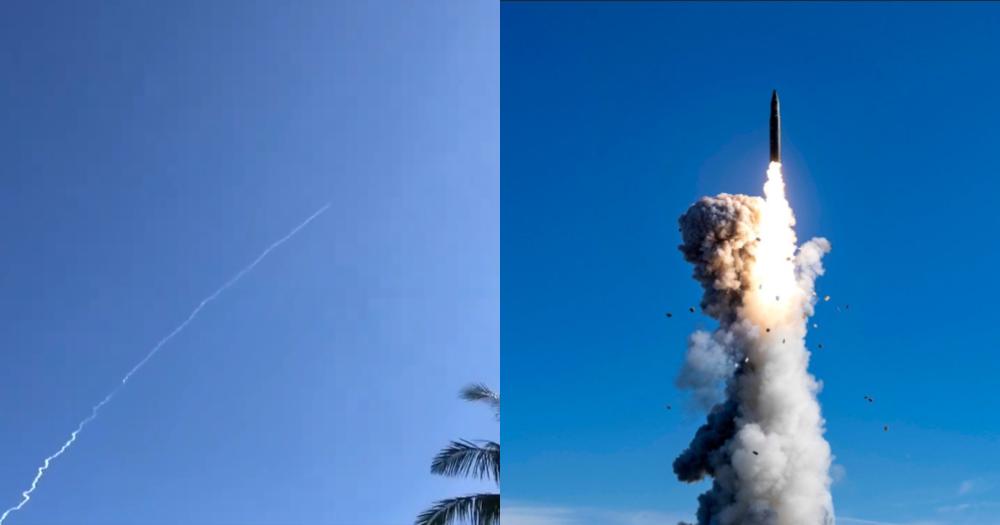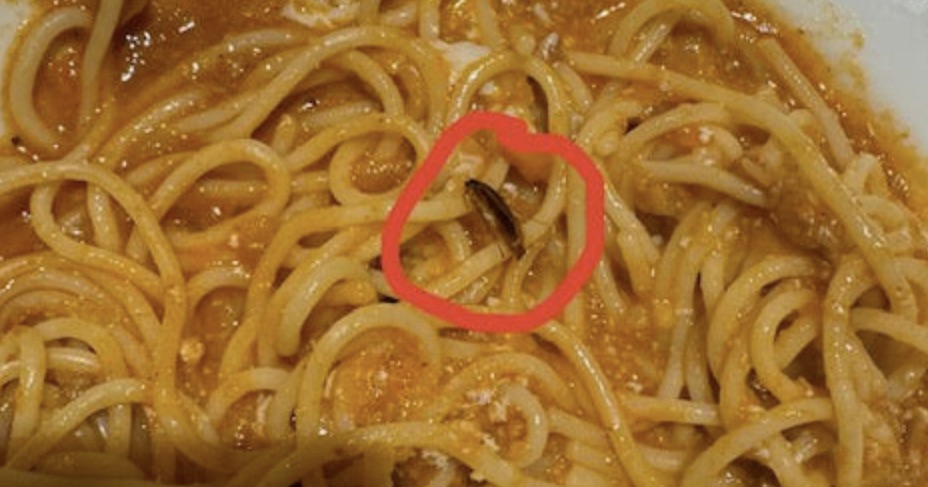13 sharks off Brazil coast test positive for cocaine, drug allegedly discharged from sewage or illegal labs
The cocaine concentrations were 100 times higher than previously detected in other sea animals.
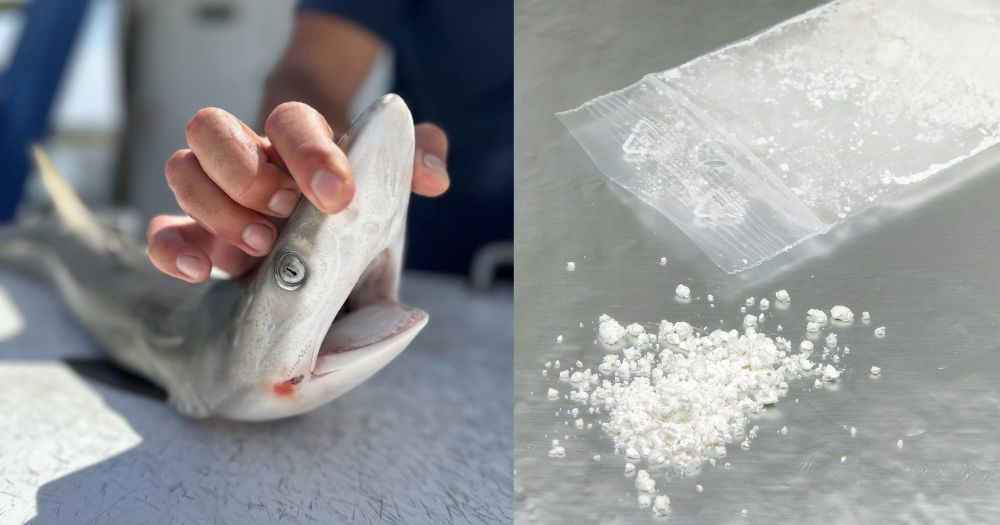
A total of 13 sharks off the coast of Brazil have tested positive for cocaine.
This was after the drugs were allegedly discharged from multiple sources, such as the sewage system and illegal cocaine labs.
[tinymce_insert_ads_]
The aquatic animals were retrieved from the shores near Rio de Janeiro for a study by the Oswaldo Cruz Foundation published on Jul. 15.
Scientists also said the behaviour of the sharpnose sharks may be affected by the presence of cocaine in their bodies, reported BBC.
Higher concentration of cocaine than previous detection in marine animals
Researchers found that the cocaine concentrations in the sharks were 100 times higher than previously detected in other sea animals.
According to BBC, the cocaine has managed to enter the ocean through illegal labs where it is made or in excrement of drug users through sewage systems.
Other findings also point to packs of cocaine potentially lost or thrown into the sea by drug traffickers, although it is less likely.
They added that the findings are "worrying", as all female sharks studied were found to be pregnant.
However, there are no known implications of cocaine exposure on the foetuses yet.
Might affect behaviour and eyesight
Speaking to British daily newspaper The Telegraph, ecotoxicologist Enrico Mendes Saggioro said the cocaine may affect the sharks' behaviour as the drug targets the brain.
Unstable behaviour had been observed in other animals.
He added that further studies are required to determine the kind of harm it can cause.
Tracy Fanara, an ecotoxicology and environmental engineering from the University of Florida said the drug could also damage the sharks' eyesight and prevent them from hunting normally.
As a result, lower fecundity and growth rates might occur.
However, she added that there are still no evidence suggesting that the presence of cocaine in sharks has resulted in feeding frenzies.
Top photos via Crazy Sister Marina/Facebook & Canva
MORE STORIES









